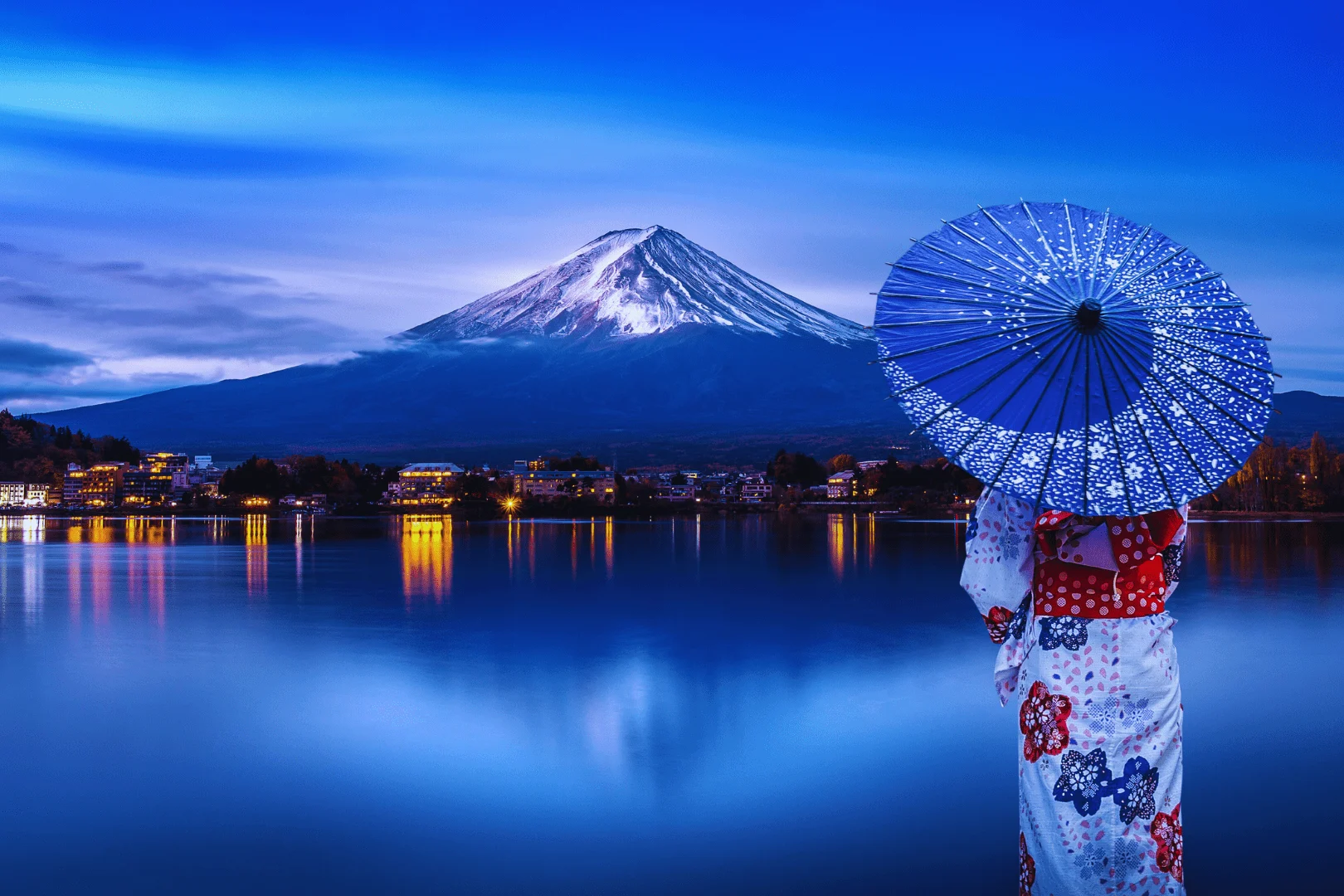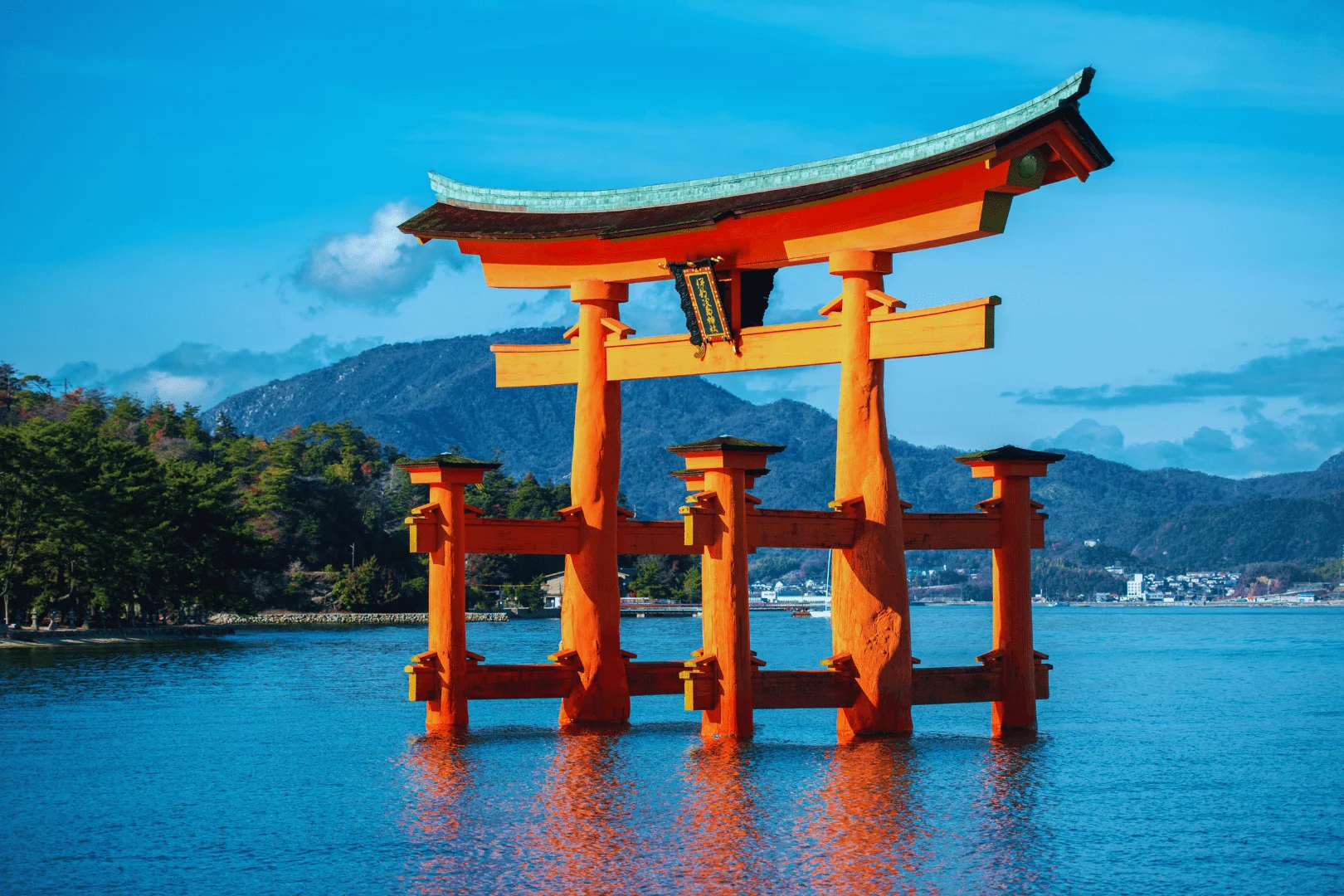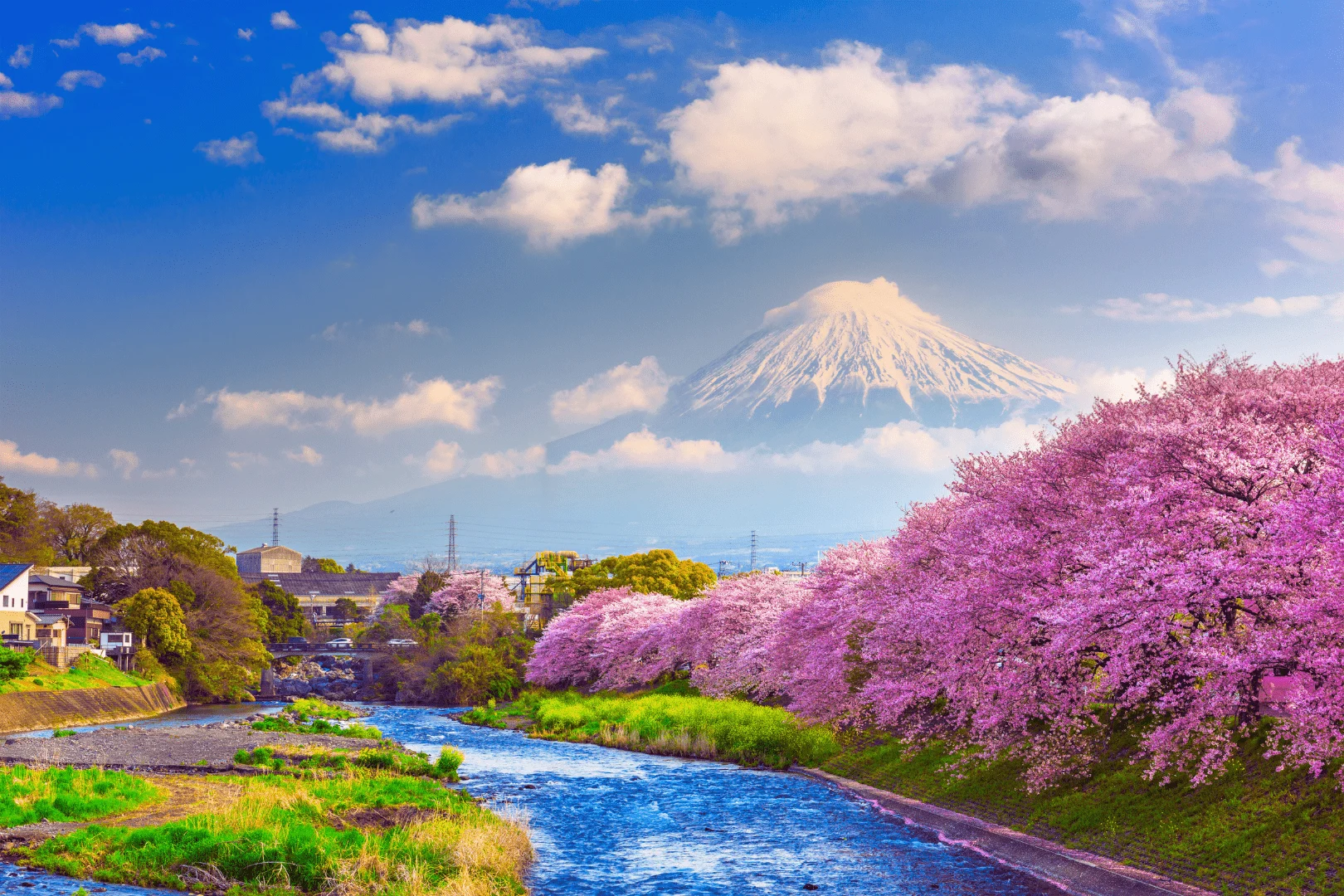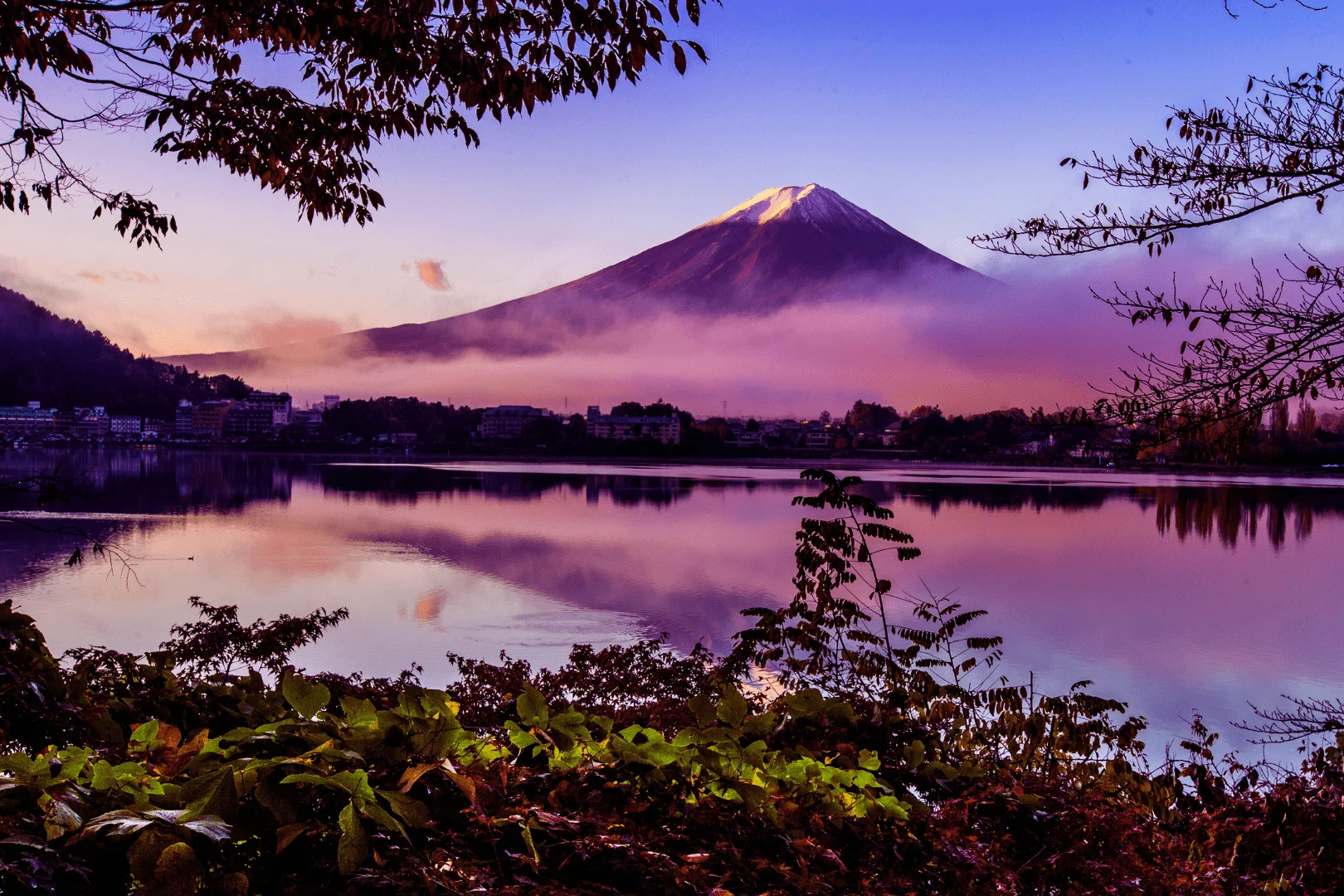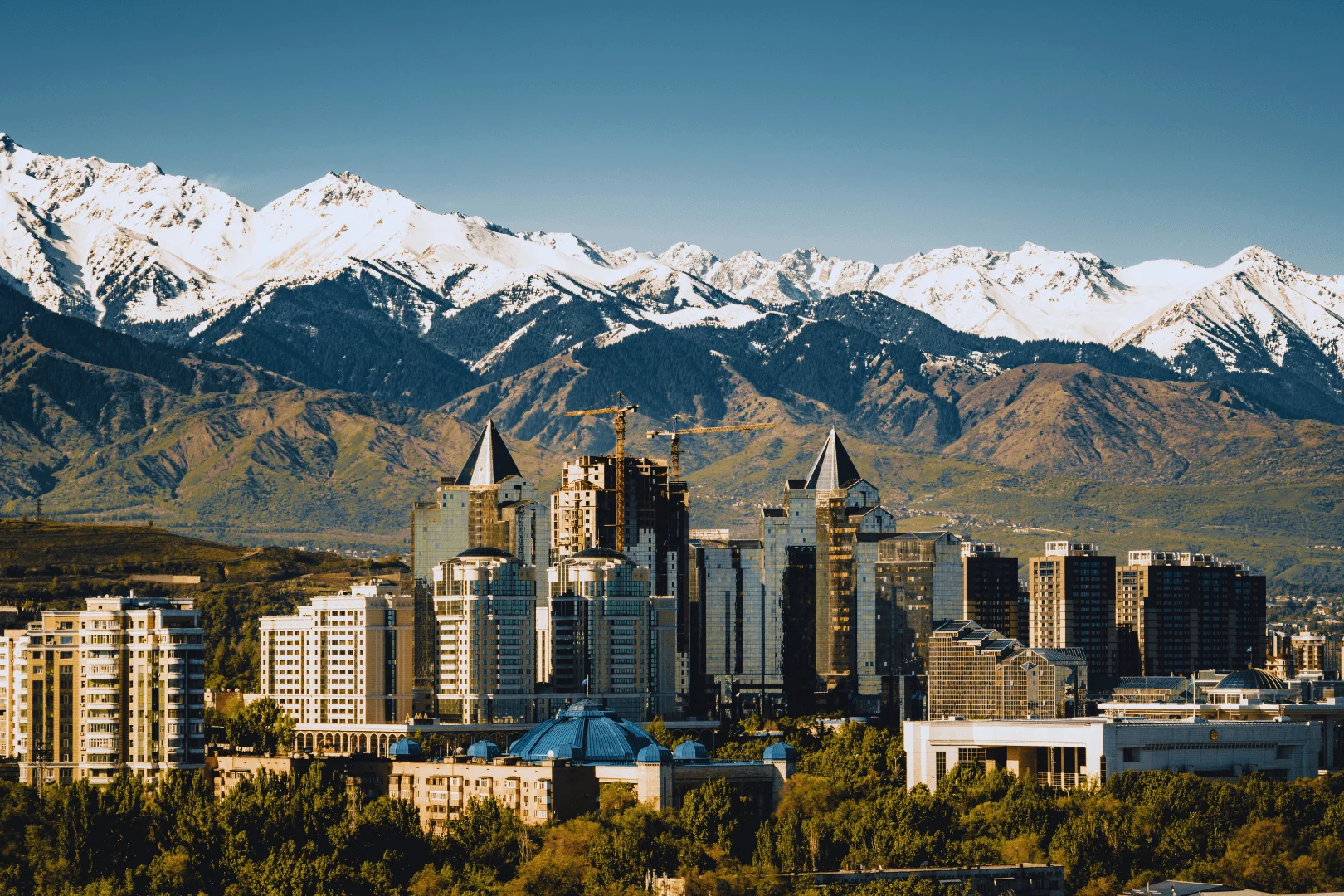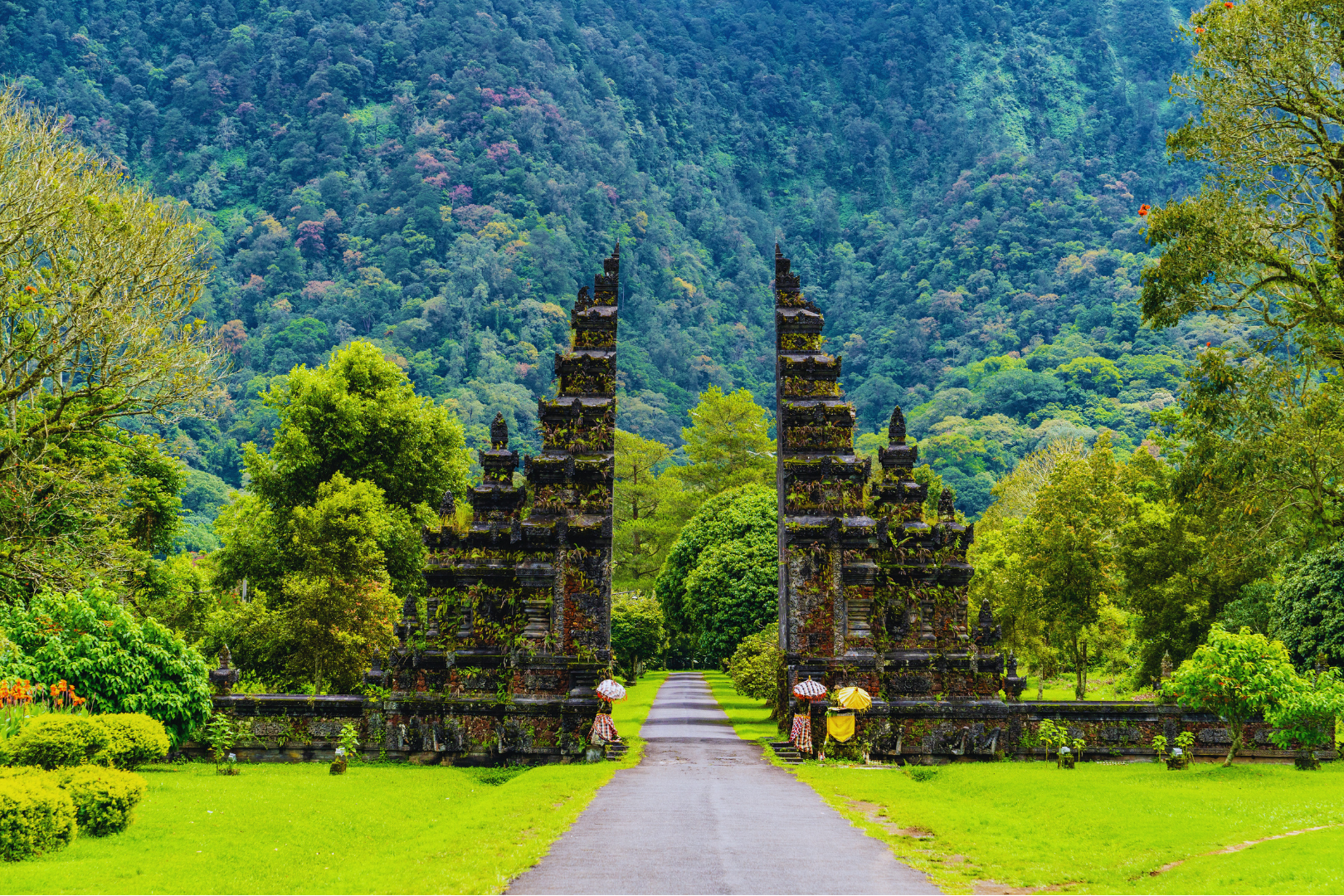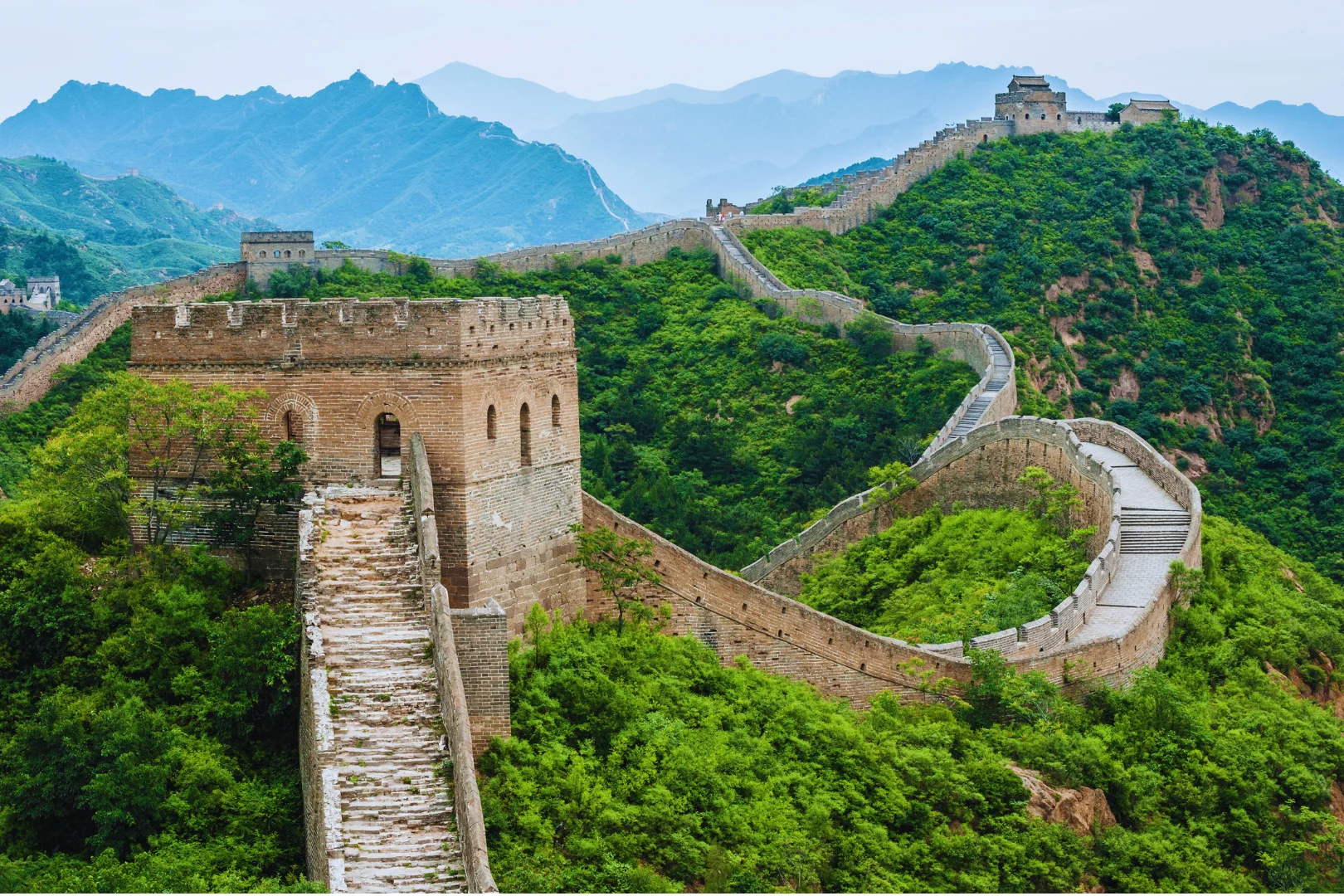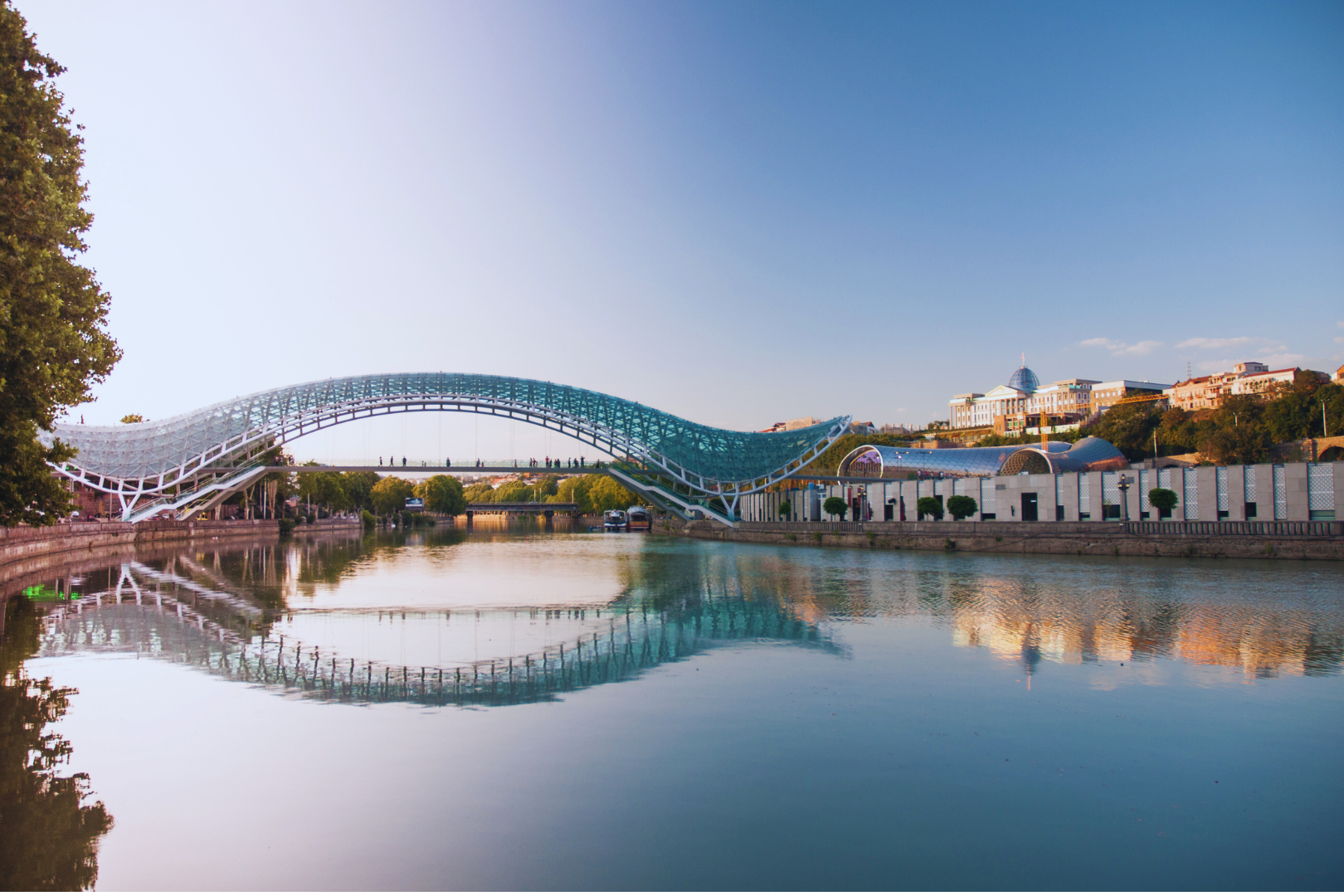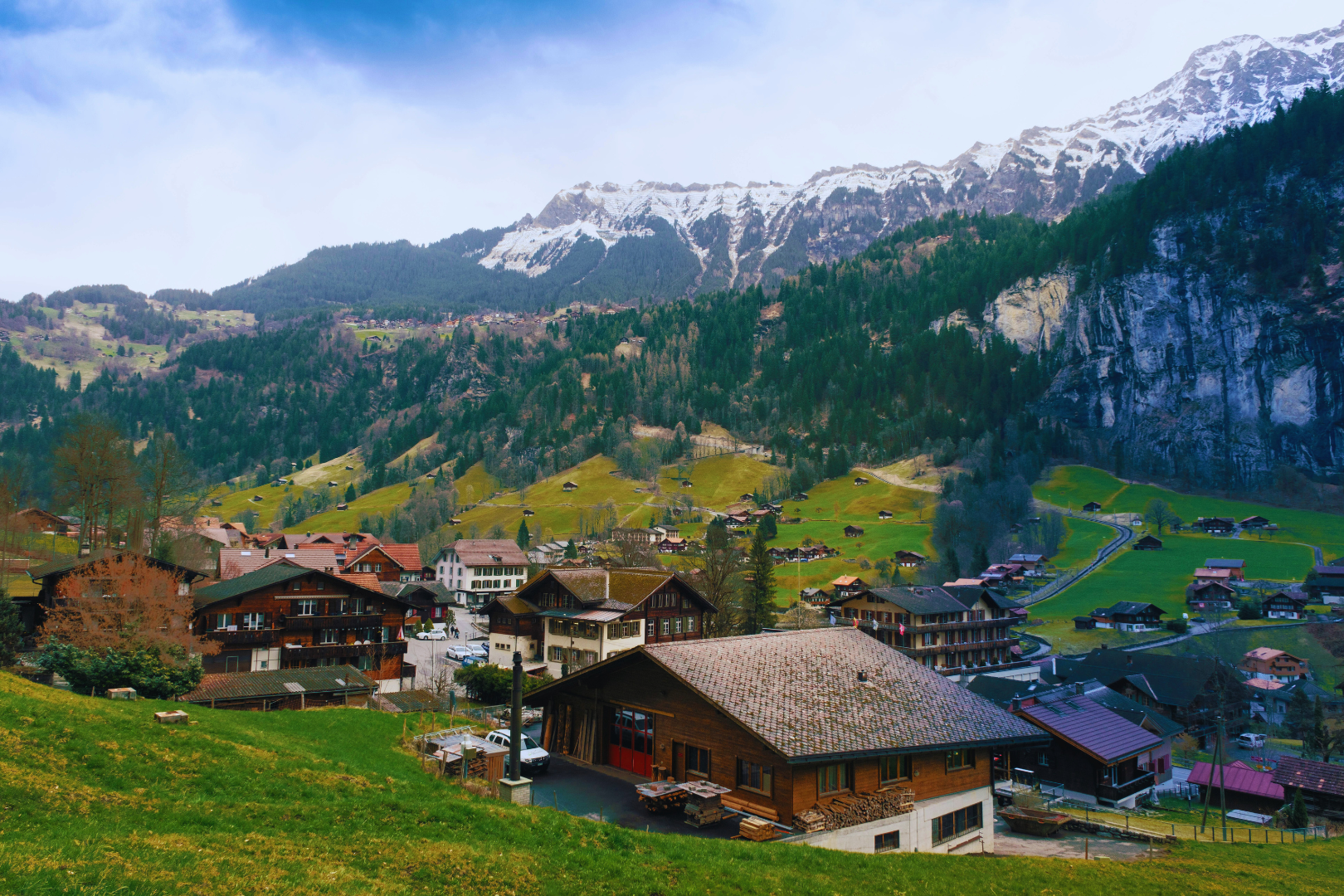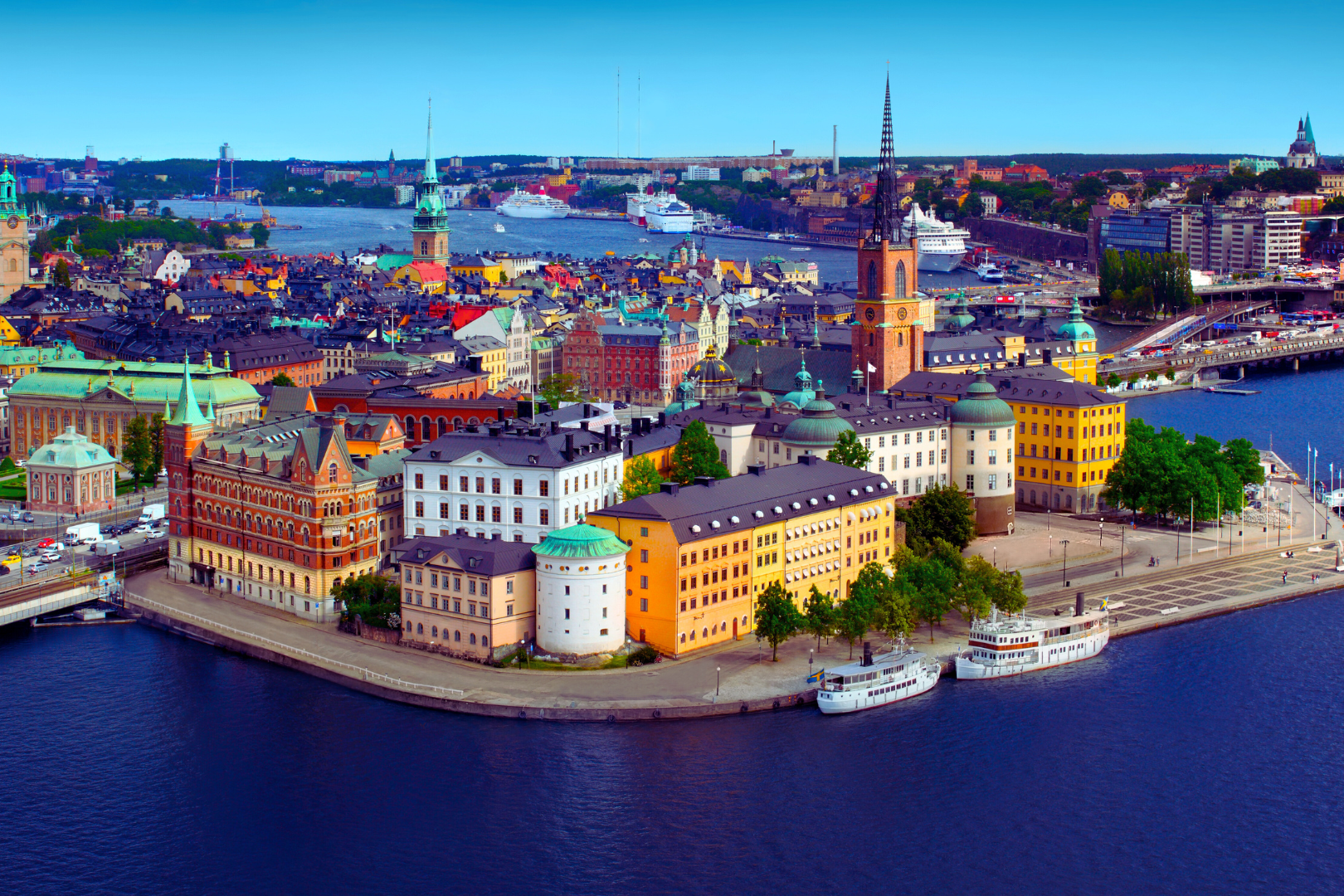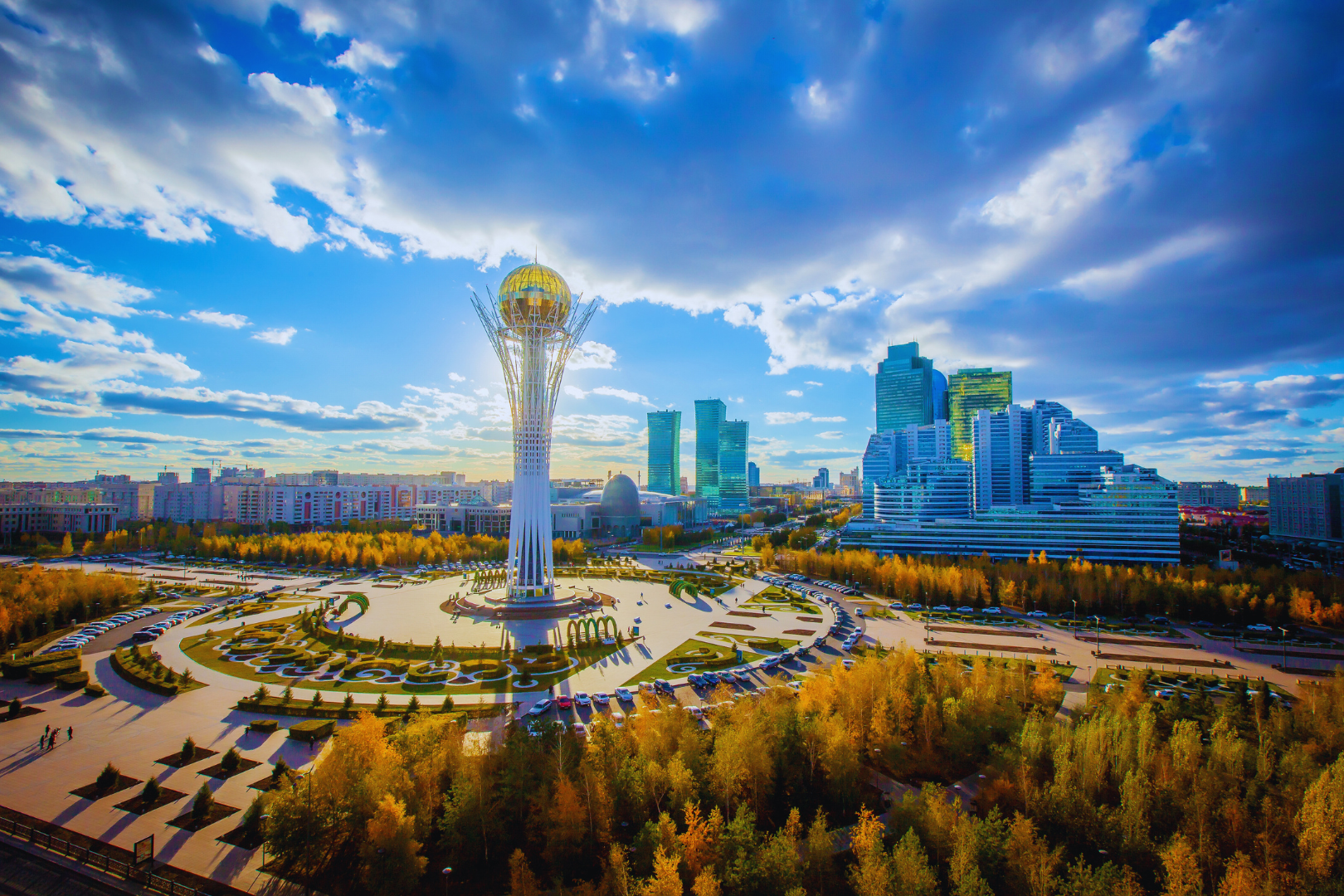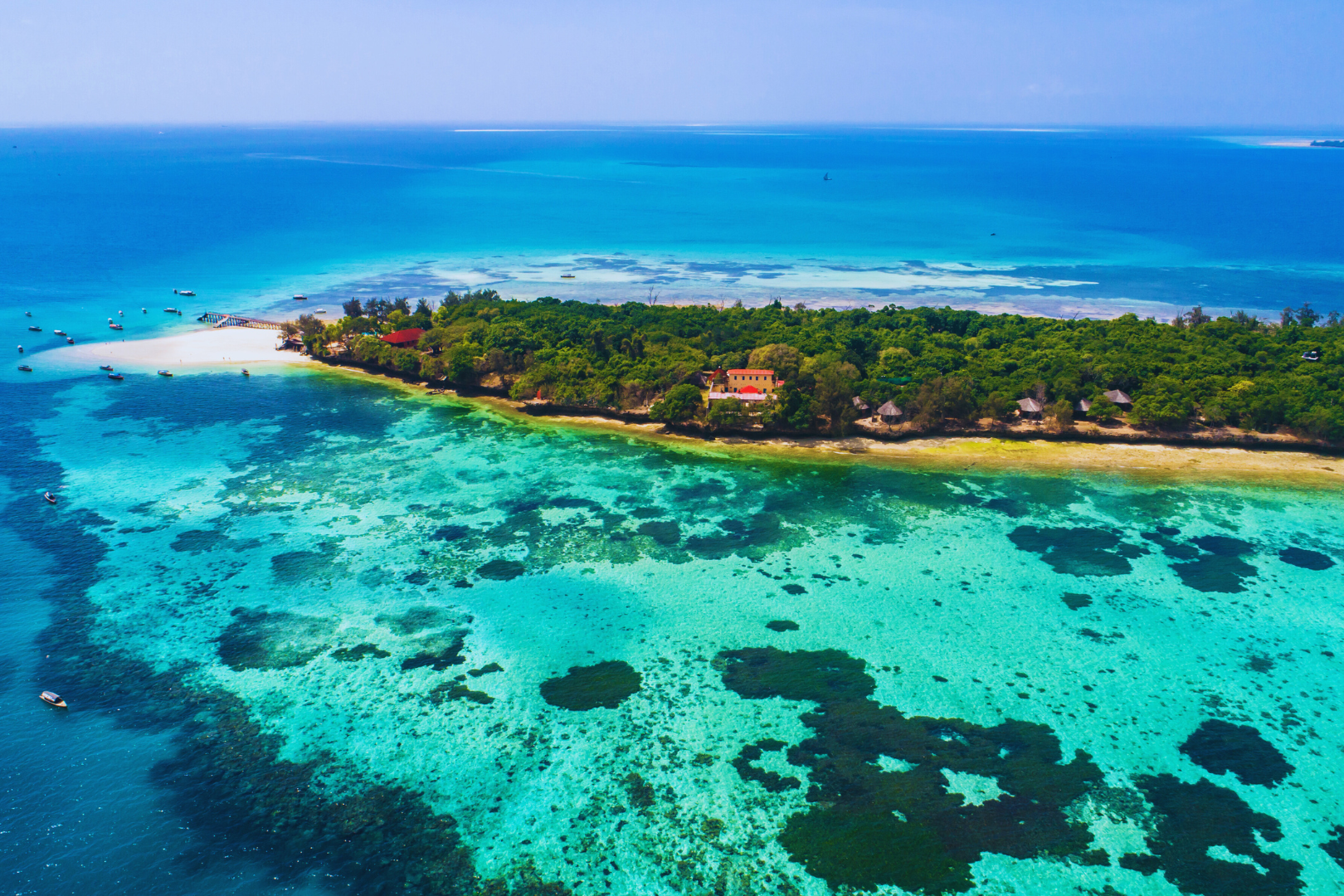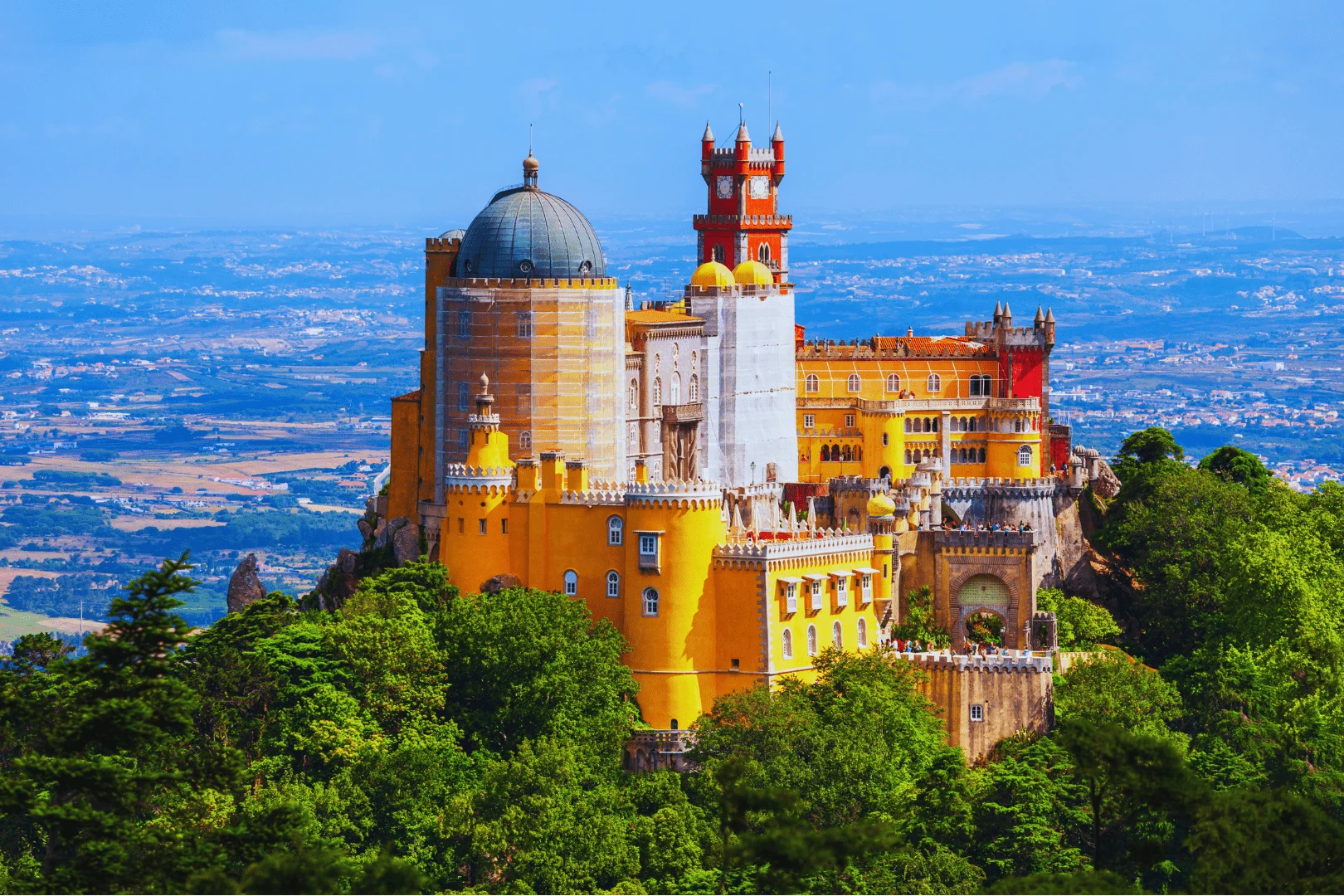Welcome to Japan: Harmony of Tradition and Innovation
Japan is a land where ancient traditions meet futuristic innovation. From serene temples and cherry blossoms to neon-lit cities and high-speed bullet trains, Japan is a unique blend of peace and progress. Whether you’re soaking in a hot spring, enjoying sushi at a conveyor belt restaurant, or wandering centuries-old castles, Japan captivates with its balance of old and new.
Key Highlights:
- Cultural Depth – Experience samurai heritage, tea ceremonies, geisha culture, and ancient temples.
- Modern Marvels – Explore ultra-modern cities like Tokyo and Osaka, with world-leading technology.
- Seasonal Beauty – Cherry blossoms in spring, colorful leaves in autumn, snow festivals in winter, and fireworks in summer.
- Cuisine Heaven – Sushi, ramen, tempura, and matcha delights await food lovers.
- Efficient Travel – The Shinkansen (bullet train) makes intercity travel fast and scenic.
Top Tourist Attractions
Mount Fuji – Japan’s iconic snow-capped volcano, best viewed from Lake Kawaguchi or the Chureito Pagoda.
Fushimi Inari Shrine, Kyoto – Famous for its thousands of vermilion torii gates leading through a forested mountain trail.
Tokyo Skytree – A futuristic tower offering panoramic views of Tokyo’s skyline and Mount Fuji on clear days.
Arashiyama Bamboo Grove – A serene bamboo forest walk in Kyoto, especially beautiful in the early morning light.
Himeji Castle – A pristine white castle and UNESCO site showcasing samurai architecture and defense systems.
Dotonbori, Osaka – A neon-lit street food haven filled with takoyaki, okonomiyaki, and nightlife.
Nara Park – Home to friendly, free-roaming deer and Japan’s largest bronze Buddha statue.
Shibuya Crossing, Tokyo – The world’s busiest pedestrian crossing — a symbol of Tokyo’s organized chaos.
Hakone – A scenic hot spring town near Mount Fuji known for its open-air museum and lake cruises.
Hiroshima Peace Memorial Park – A moving tribute to history, with the Atomic Bomb Dome and Peace Museum.
Travel Tips for Japan
Transport – Use the Japan Rail Pass for unlimited train travel on the Shinkansen. Subways in cities are fast and reliable.
Cash is Common – Many places still prefer cash. Always carry Yen, especially outside major cities.
Cultural Etiquette – Be polite and quiet in public. Bowing is common. Remove shoes before entering homes or traditional inns.
Connectivity – Pocket Wi-Fi or a Japanese SIM card is recommended for easy navigation and translation.
Language – Use apps like Google Translate. Signs are often bilingual in cities, but not always in rural areas.
Tipping – Not required and may be considered rude. Exceptional service is included in the experience.
Public Behavior – Keep phone calls quiet, line up patiently, and avoid eating while walking.
Trash Disposal – Trash bins are rare; carry a small bag for your litter. Follow recycling rules carefully.
Destination Facts: Japan at a Glance
Capital: Tokyo
Population: ~126 million
Language: Japanese (English is limited but improving)
Currency: Japanese Yen (JPY)
Time Zone: GMT+9
Best Visiting Time:
Spring (Mar–May): Cherry blossoms and mild weather
Autumn (Sep–Nov): Fall foliage and cool temperatures
Winter (Dec–Feb): Snow sports in Hokkaido and festive lights
Summer (Jun–Aug): Festivals, fireworks, and mountain hikes
Safety – Japan is extremely safe, even for solo travelers. Lost items are often returned.
Emergency Help – Dial 110 for police, 119 for ambulance/fire. Many signs include English in cities.
Japan tour Packages
Plan Your Perfect Destination
Frequently Asked Questions (FAQs)
Do I need a visa to visit Japan?
Citizens of many countries can enter visa-free for short-term stays (up to 90 days). Check the official Japanese embassy website for eligibility.
Is English widely spoken in Japan?
English is limited, especially in rural areas. However, most signs in cities and transportation hubs are bilingual.
What’s the best way to get around Japan?
Use the Japan Rail Pass for long-distance train travel. In cities, subways and buses are efficient and punctual.
Is Japan expensive to travel?
It can be, but budget options exist. Convenience stores, business hotels, and transport passes help reduce costs.
Can I use credit cards in Japan?
Credit cards are accepted in hotels, department stores, and cities. Smaller restaurants and rural shops may be cash-only.
Is Japan safe for solo travelers?
Yes, Japan is one of the safest countries in the world. Solo travelers, including women, often feel secure even at night.
What food should I try in Japan?
Don’t miss sushi, ramen, udon, yakitori, matcha desserts, and regional specialties like Hiroshima okonomiyaki.
Do I need to tip in restaurants?
No, tipping is not practiced in Japan. Great service is expected and included.
When is cherry blossom season?
Cherry blossoms typically bloom from late March to early April, depending on the region.
Can I use public baths (onsen)?
Yes, but follow etiquette: wash before entering, no swimwear, and tattoos may not be allowed in traditional baths.

